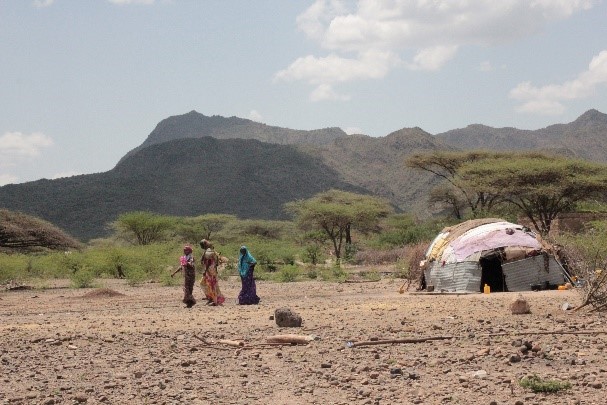
Intern Perspectives: Uploading Data – The Unexpected Highlight of My Internship
2nd May 2023
Allison Glover
As a graduate student in Sustainable Cities at King’s College, London, I was eager to gain practical experience in the development field and to improve my data analysis skills. That’s why I chose to intern at Evidence for Development (EfD), an organization that values high-quality data to support development projects. Working with a passionate and knowledgeable team, I was able to learn about the household economy approach (HEA and IHM methodologies) used for detailed assessment of rural livelihoods and to gain hands-on experience with EfD’s analytical software. Surprisingly, one of the highlights of my internship was something I wasn’t expecting: uploading data onto EfD’s online database.
The dataset I was working with looked at a pastoral community in Afar, Ethiopia. Using the IHM method, I was able to gain a deep understanding of the community and their livelihoods. The households in the dataset included information about their assets (cows, camels), the livestock products (goat milk, butter, ghee) they produced, consumed, and sold, what goods they received and transferred, and what wild foods they collected. Working with this information over time painted a robust picture of what their lives are like. For instance, the more I worked through the dataset, the greater understanding I gained of what a better-off household was able to give, sell, spend, and produce versus a household that was not well off.
Through the dataset, I was able to see patterns emerge and gain a deeper understanding of the community. It became obvious how understanding the ins and outs of these details is essential for informing decision making for any aid/development projects. This also showed the importance of the data and how gathering the data in this level of detail is essential to understand how shocks such as a drought or change in global market prices would affect a community.
In addition, the contextual details the interviewers provided in supporting documents (which is part of the IHM method) gave important information like the community-based support and aid households within the community give to one another. In times of hardship like drought, community members may give struggling households livestock or food. This made the data clearer and provided a more complete picture of the community’s livelihoods.
Overall, uploading data onto EfD’s online database was an unexpected highlight of my internship. It gave me the opportunity to gain practical experience working with data and to gain a deeper understanding of the communities that development projects aim to support. It also highlighted the importance of gathering high-quality data to inform development projects and to ensure that they are responsive to the needs of the communities they serve. I am grateful for this experience and look forward to applying what I have learned in my future career.
Categories: The organisation
Comments
No comments yet.
The comments are closed.